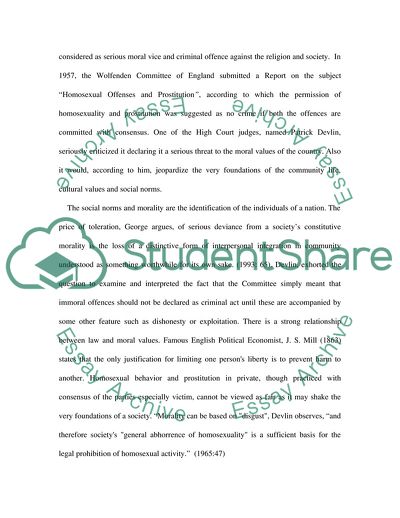Cite this document
(Our Lives before the Law Assignment Example | Topics and Well Written Essays - 3500 words, n.d.)
Our Lives before the Law Assignment Example | Topics and Well Written Essays - 3500 words. https://studentshare.org/law/1705515-ethics-morality-and-the-law
Our Lives before the Law Assignment Example | Topics and Well Written Essays - 3500 words. https://studentshare.org/law/1705515-ethics-morality-and-the-law
(Our Lives before the Law Assignment Example | Topics and Well Written Essays - 3500 Words)
Our Lives before the Law Assignment Example | Topics and Well Written Essays - 3500 Words. https://studentshare.org/law/1705515-ethics-morality-and-the-law.
Our Lives before the Law Assignment Example | Topics and Well Written Essays - 3500 Words. https://studentshare.org/law/1705515-ethics-morality-and-the-law.
“Our Lives before the Law Assignment Example | Topics and Well Written Essays - 3500 Words”. https://studentshare.org/law/1705515-ethics-morality-and-the-law.


